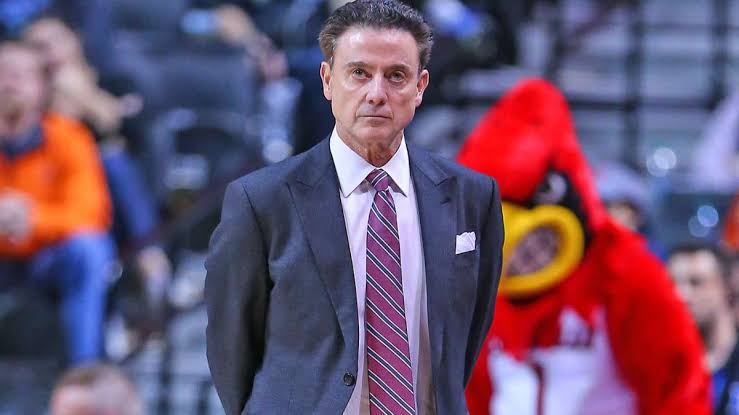Rick Pitino’s recent decision to leave his post as head coach at Iona College and accept a lucrative offer to coach the Providence Friars has sent shockwaves through the college basketball world. Known for his storied career, which includes national championships, high-profile coaching positions, and a reputation for developing competitive teams, Pitino’s unexpected move comes at a time when the basketball community was not expecting such a seismic shift.
For years, Pitino has been one of the most successful and polarizing figures in the sport. His coaching journey has spanned decades, with memorable stints at Louisville, Kentucky, and, most recently, Iona. His ability to revive struggling programs and elevate them to national prominence has solidified his place as one of the game’s all-time greats. However, his latest move to Providence, a program with a strong basketball tradition, yet not consistently considered a top-tier national contender, raises numerous questions.
This decision was partly influenced by a tempting, lucrative offer from the NBA that would have seen Pitino join an NBA team in a high-level coaching role. The specifics of the NBA offer remain unclear, but sources indicate that the financial package was substantial and came with the promise of autonomy and an opportunity to build a team from the ground up. The allure of returning to the NBA, where Pitino previously had a brief but impactful stint as the head coach of the Boston Celtics in the late 1990s, was evidently strong.
While the NBA contract was enticing, Pitino ultimately chose the path that he feels would offer a greater long-term challenge. Coaching at Providence represents a chance for him to build a program into a perennial powerhouse in the NCAA. Despite the potential financial rewards of an NBA contract, Pitino has always maintained that his passion for college basketball is unmatched, and the appeal of returning to the collegiate level was likely the deciding factor in his departure.

The move also signals Pitino’s belief in the potential of Providence as a basketball program. The Friars, though historically competitive, have never achieved the sustained dominance of other programs in the Big East. Pitino’s ability to recruit top-tier talent and develop competitive teams would make him a transformative figure in Providence’s basketball future. He has long been regarded as one of the best recruiters in the sport, and his presence in the Big East could help elevate the program into national title contention.
Pitino’s departure from Iona was met with surprise and disappointment, especially considering how he had led the Gaels to multiple NCAA tournament appearances and established a successful program in a relatively short period. His ability to recruit talent and develop players was a key factor in his success at Iona, where he achieved a high level of success in a short span.
However, Iona was not a destination program like Providence, a school with a more prestigious basketball history and higher-profile resources. For Pitino, the move to Providence represents a return to the big stage, where the expectations will be higher but so too will the rewards. His proven ability to handle pressure situations and coach elite athletes makes him well-suited for the challenge of coaching in the Big East and potentially competing for a national championship.
Pitino’s decision has already sparked widespread debate in the basketball world, with many questioning what this move means for his future in the sport. His age, at 72, could raise concerns about the longevity of his tenure, especially in the demanding environment of college basketball’s power conferences. However, Pitino has shown little sign of slowing down and seems determined to continue his legacy as one of the game’s premier coaches.
In the coming weeks, the college basketball landscape will undoubtedly be shaped by this development. Pitino’s arrival at Providence could change the trajectory of the program, but it also signals a shift in the larger dynamics of college basketball recruitment, coaching, and competition. His ability to attract top-tier talent and develop a winning culture at Providence will be closely watched as he embarks on this new chapter in his storied coaching career.
